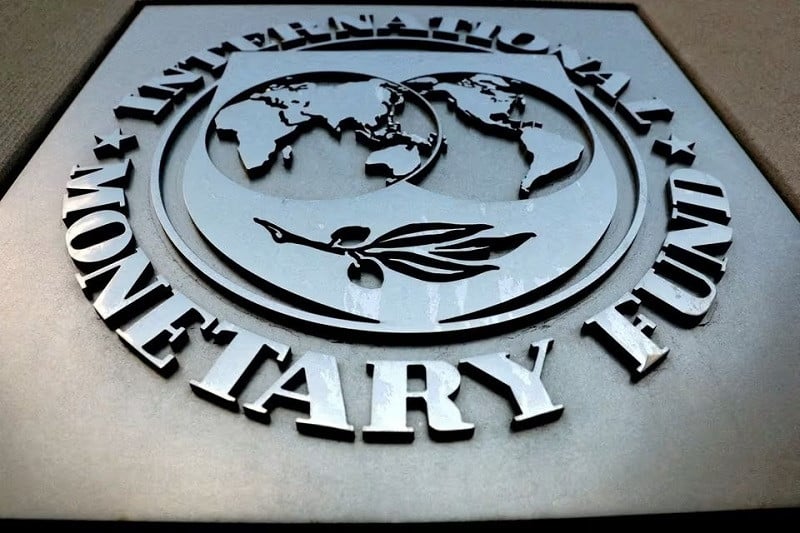
The International Monetary Fund (IMF) has not yet added Pakistan’s new 37-month Extended Fund Facility (EFF) to the agenda for its Executive Board meetings scheduled through September 18, according to the Fund’s official website.
The upcoming meetings, set for September 9, 13, and 18, do not include the $7 billion EFF agreement reached with Pakistan, as reported by local media.
Earlier this year, Pakistan completed a $3 billion Standby Arrangement (SBA) with the IMF, aimed at bolstering the country’s foreign exchange reserves and easing pressure on its external finances.
Following the conclusion of the SBA, Pakistan and the IMF team reached a staff-level agreement on a new 37-month EFF worth $7 billion on July 12.
However, this agreement still requires the approval of the IMF’s Executive Board, contingent on Pakistan securing necessary financing assurances from its development and bilateral partners.
To meet these requirements, the government is reportedly negotiating a $12 billion loan rollover from key allies, including China, Saudi Arabia, and the United Arab Emirates (UAE).
Additionally, the government has requested an extra $1.2 billion loan from Saudi Arabia to address the remaining $2 billion financing gap.
Finance Minister Muhammad Aurangzeb, in a recent televised address, expressed optimism that the IMF’s Executive Board would approve the new EFF on time, as Pakistan is in advanced stages of securing external financing assurances.
Pakistan's current foreign exchange reserves, held by the State Bank of Pakistan (SBP), stand at $9.44 billion—significantly higher than the $3.54 billion recorded in mid-June 2023, before the finalisation of the IMF’s short-term facility.
Despite improvements in its reserves, the IMF programme remains vital for Pakistan’s economy, which has struggled to implement reforms without the structure provided by an IMF-backed initiative.







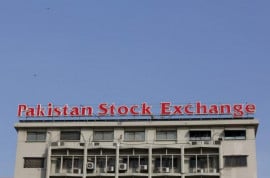
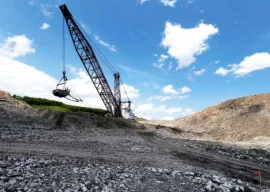


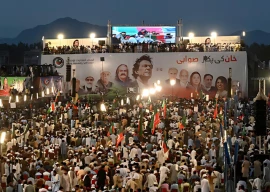
1725859023-0/Untitled-design-(38)1725859023-0-270x192.webp)

1723104747-0/PIA123-(1)1723104747-0-270x192.webp)
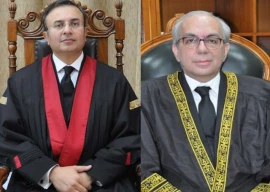

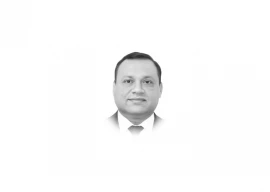





COMMENTS
Comments are moderated and generally will be posted if they are on-topic and not abusive.
For more information, please see our Comments FAQ